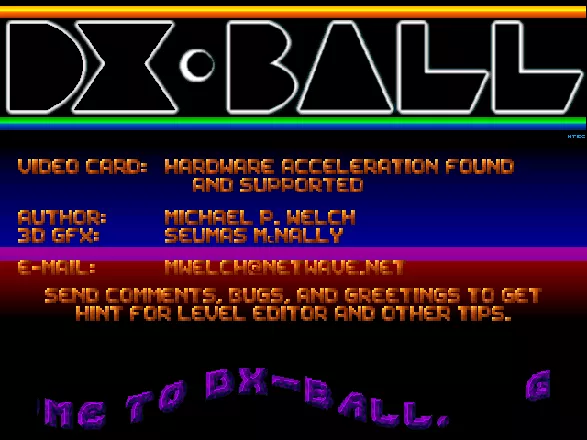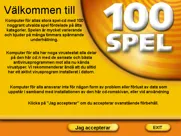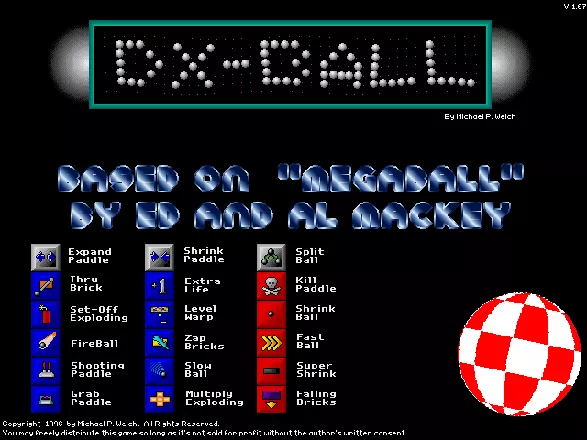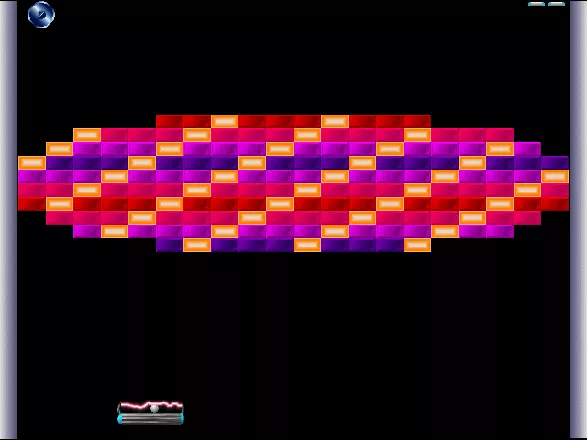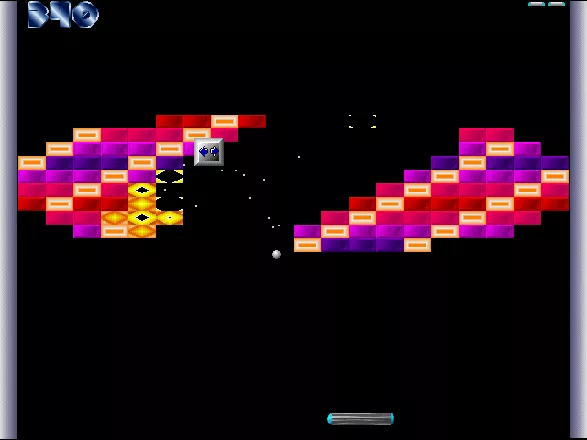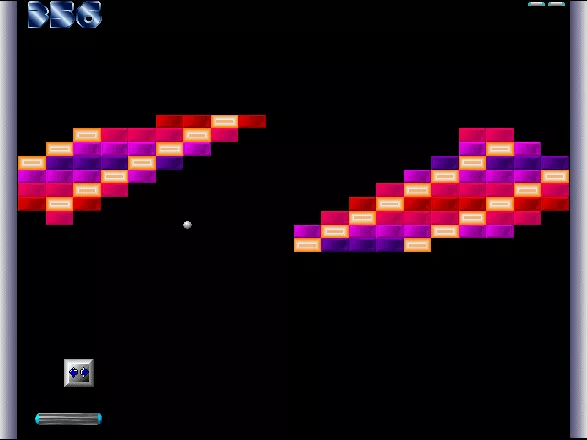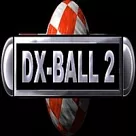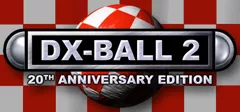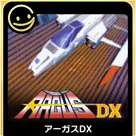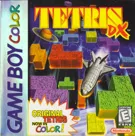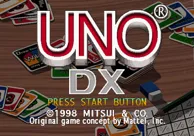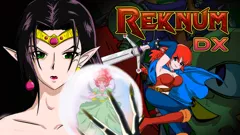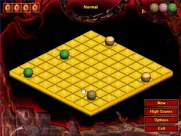DX-Ball
Description
Michael P. Welch's DX-Ball is essentially an improvement over the classic Amiga game Megaball by Ed and Al Mackey. It is a fairly straightforward Breakout/Arkanoid clone with many levels - manipulate the ball in order to take out the cubes at the top, while collecting bonuses (extra shots, extra balls, extra life, etc.).
Groups +
Screenshots
Credits (Windows version)
| Author | |
| Graphics | |
| Board Design |
Reviews
Critics
Average score: 72% (based on 7 ratings)
Players
Average score: 3.8 out of 5 (based on 30 ratings with 4 reviews)
A decent Breakout clone, but nothing to write home about.
The Good
To be honest, the PC is horribly lacking in good arcade games. There are very few genuinely good breakout clones on the PC, most notably Arkanoid (and its sequel) and Krypton Egg. It doesn't even come close to the wealth of arcade games available on the Commodore 64 or my personal favorite, the Amiga. Luckily it can emulate most of these computers to an extent great enough that you can experience those great games again. But I'm digressing.
DX-Ball is undoubtedly one of the better breakout clones ever made for the PC. It is relatively new, but tries very hard to stay oldskool and "Amiga"-esque with smooth animations and continuous, smooth gameplay. It does so quite well really; DX-Ball features pretty good graphics and manages to run just fine with an MP3 in the background on my old P166.
With decent level design at worst and non-stop gaming, DX-Ball manages to remain quite addictive to the point that my dad still plays it night by night. It's also quite challenging at the higher levels; though I haven't really bothered playing it too much, I still found reaching my 59,000 points highscore quite challenging to attain, which is definitely good. My dad's still struggling to get there :-)
The Bad
While the game is smooth and the graphics are decent, they are still extremely bland, as the game has absolutely no background. This might have been acceptible in the days of Arkanoid, but the lack of background really hampers the game's visual appeal.
Speaking of which, DX-Ball's biggest problem is complete lack of dynamic (err, is that even a noun?) The game becomes frustrating for the simple reason that NOTHING HAPPENS. You just go on hitting blocks and more blocks to no end, and it gets annoying after a while. There are no 'monsters' (a la Arkanoid), no firey blocks or anything interesting as such, which is why I never played this game to its full length.
The other major problem with the game is complete lack of proper sound. Now it appears that you actually can turn on background MIDI music, but I found this out LONG after I played it (don't ask why), but regardless the sound effects are extremely lacking and monotonous.
The Bottom Line
All in all one of the better breakout clones of the '90s... too bad it gets dull after a while.
Windows · by Tomer Gabel (4534) · 2001
Great game, but not great enough to be a classic
The Good
I'm probably one of the biggest "Krakout" fans on this plane of existence, and I really like this type of no-nonsense arcade game with straightforward gameplay and just enough fancy bits to keep you away from your Atari 2600. (Although I haven't played a Breakout-type game on the Atari, I imagine there must be one.)
"DX-Ball" is just easy enough to be relaxing instead of frustrating, and keeps getting harder at a suitable rate, so that you keep coming back for more. It also has nice, simple graphics and crisp sound.
The Bad
It is possible, by way of bonus tiles, to empty a screen in about two seconds from the word go, while on the other hand it may take you minutes to get rid of those last two tiles. (Apparently, if you keep playing a level long enough, a bolt of lightning blasts away the remaining tiles. Then again, maybe I just dreamt it.) This would not be so bad if the game had robots, gigantic bold heads, queen bees or other such terrors on the screen to change the balls course on impact (as was the case with Krakout and Arkanoid, at least, though Krakout also had larger tiles and balls, which made collisions more likely), the gameplay would get less repetitive in these situations.
Also, I cannot play a Breakout game without comparing it to the C=64 version of Krakout, and despite the use of DirectX technology and the clean presentation and smooth gameplay, this just doesn't come near Krakout's level of excellence. (Though I doubt anything ever will.)
The Bottom Line
Nostalgia aside, DX-Ball is the best ball-and-paddle game I've seen on a >8bit computer, and well worth the price (as it's free). Even though I own a C=64 and a copy of Krakout, I still do play this game and enjoy it a lot.
Windows · by Late (77) · 2001
Doesn't do much, but does it very well. Highly recommended.
The Good
It fits on a single floppy, it's free, it's fast, and it used to keep my seven year old son happy for hours. It works on every machine I have tried it on (including a very peculiar laptop that usually had trouble with Direct-X). When a friend asks if I have any games, DX-Ball is the first one I give them.
The Bad
Nothing! But don't expect too much - it really is pretty simple. And what is wrong with that?
The Bottom Line
Like the old tennis game of the 1970s, but updated. Addictive. Free, and takes up almost no space. Go on, try it.
Windows · by Chris Tolworthy (18) · 2000
Analytics
Upgrade to MobyPro to view research rankings and price history! (when applicable)
Identifiers +
Contribute
Are you familiar with this game? Help document and preserve this entry in video game history! If your contribution is approved, you will earn points and be credited as a contributor.
Contributors to this Entry
Game added by Tomer Gabel.
Game added April 13, 2000. Last modified May 23, 2024.


